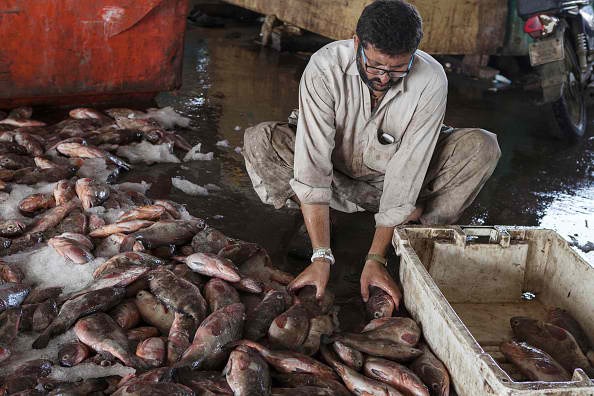China's regional governments are rushing to get projects under the One Belt, One Road initiative or the new Silk Road project.
Many of these regional officials are pitching ideas like building super connectors, construction of homes and museums.
These officials do not belong in the 18 listed provinces included in the project and said that they can contribute to the strategy of developing the silk road.
Tang Limin, secretary-general of central Sichuan Province, said, "Our party secretary, mayor, vice-mayor have all visited One Belt One Road countries like Poland and the Czech Republic, even parts of the Russian Federation like Tatarstan."
"We have a lot of cooperation projects that come under One Belt One Road," he added.
Even the delegate from Hong Kong, Chan Yung, said that the region plans to contribute to the initiative.
He said, "We have people who can be 'super-connectors and superpartners'. Hong Kong's youth are very open as long as they're willing to fork out 1-3 years to travel the One Belt One Road routes and stay in a country for 1-2 years, they can become experts."
The delegate from the Shaanxi Province said that they planning to develop the area as a cultural heritage site to promote the country's historic Terracotta Army.
Private companies are also submitting proposals for infrastructure development. Yan Lijuan, a delegate from the province and top executive at XCMG Construction Machinery, said that the interest on OBOR reaches the private sector as well.
He said, "In the coastal province of Jiangsu, the fervor is not restricted to the provincial authority but reaches down to lower tiers of government and corporate China."
An American company, Fitch Ratings, however, believes that the initiative will be unsuccessful. Based on a report that they recently released, China is merely using the initiative to gain influence but not build solid infrastructure in the project areas.
A statement from the company said, "The lack of commercial imperatives behind OBOR projects means that it is highly uncertain whether future project returns will be sufficient to fully cover repayments to Chinese creditors."



























